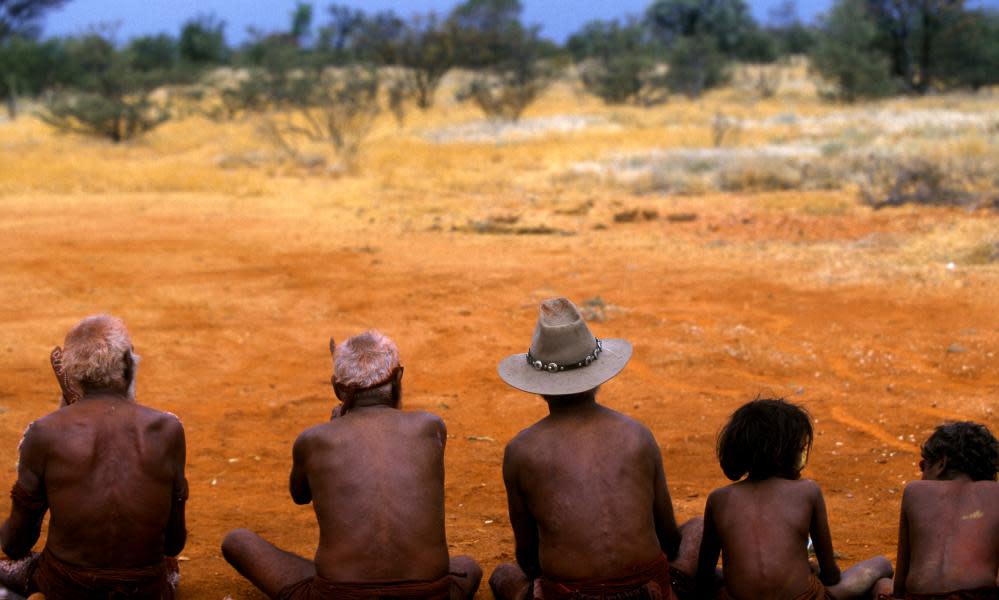Senate inquiry into 18C told day-to-day racism can cause physical harm

The Northern Territory’s anti-discrimination commissioner has warned that “day to day racism” could be causing physical harm to people and has rejected the renewed calls to wind back Australia’s anti-discrimination laws.
The attorney general, George Brandis, set up a parliamentary inquiry into possible amendments of section 18C of the Racial Discrimination Act after a renewed push from conservative members of parliament.
The section is a civil provision, not a criminal offence, and is aimed at protecting Australians from discrimination and vilification. There have been a high volume of submissions to the inquiry, with a number outlining concerns about changing the legislation.
A particular focus of the inquiry has been whether to amend the act so that speech that offends or insults cannot be captured by it. There are already broad exceptions for media and public commentary.
Commissioner Sally Sievers outlined the severe problems with racism and discrimination she heard from members of the Northern Territory community and reiterated that changing the legislation would be detrimental to the community. She quoted from international research in the US on the health impacts of racism.
“We know about that experience and it is accepted that it impacts on people’s mental health,” she said. “But we’re also finding out that it can have physical symptoms ... the medical research is saying that this day to day experience of racism is making these groups sick.”
She said she was not aware of any similar local study that had been conducted. She also questioned whether changes should be made to the Australian Human Rights Commission’s complaint handling processes.
“What we know is that very few people do actually complain,” she said. “It’s really important from our perspective that we don’t make the process of making a complaint harder.
She urged the committee to “think incredibly carefully before you put further barriers on allowing people to complain”.
When asked about the appropriateness of the words “insult” or “offend” in the act, she responded: “In relation to the phrase, the phrase is seen as a whole. It’s offend, humiliate … In the way that phrase has been interpreted they haven’t pulled them out to be interpreted on their own.”
She pointed out that the word “offend” appeared in the range of offences across the country.
She said it was “settled law” that only most serious conduct that attracted the provisions under the act but warned that if it was amended it would create further legal uncertainty.
“If you start mucking around with it you’re going to end up with another 20 years of judges and lawyers talking about what the new phrase means,” she said.
David Woodroffe, the principal legal officer at the North Australian Aboriginal Justice Agency, said that the refusal of services was the most substantial issue facing Indigenous Australians.
Naaja argued in its submission that the view 18C was unclear and imprecise was “unfounded in law and practice” and said there was no clear rationale for changing the legislation.
John Rawnsley from the Aboriginal Peak Organisations of the Northern Territory outlined the impact that amending racial discrimination laws could have amid the broader context of loss and trauma experienced in the territory.
“There’s significant loss that’s been experienced across the territory,” he said. “When we send a message in terms of watering down protections for racial discrimination it feeds into that historical narrative.”
Amnesty International, academics and the journalists’ union have warned that laws restricting information about national security and immigration detention are a greater threat to freedom than race speech laws.
The Australian Human Rights Commission president, Gillian Triggs, reiterated that there had been no clear case for changing the section and the race discrimination commissioner, Tim Soutphommasane, warned that it could signal that racial abuse was sanctioned.
The hearings are continuing in Darwin on Monday.

 Yahoo News
Yahoo News 
